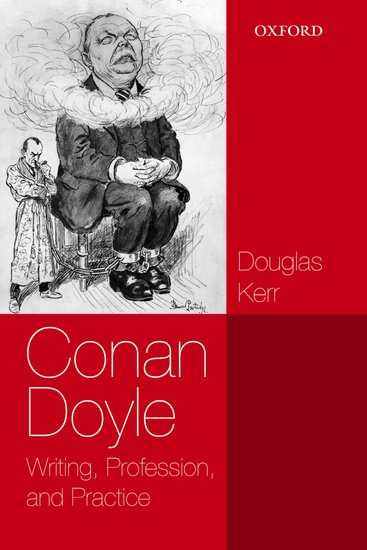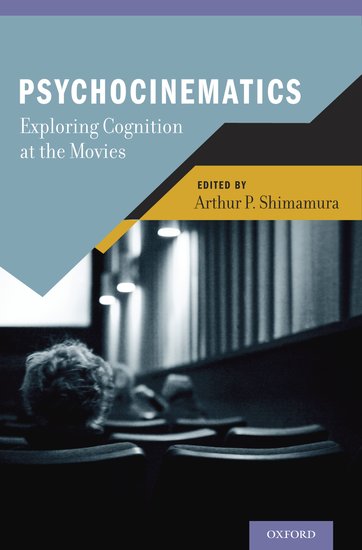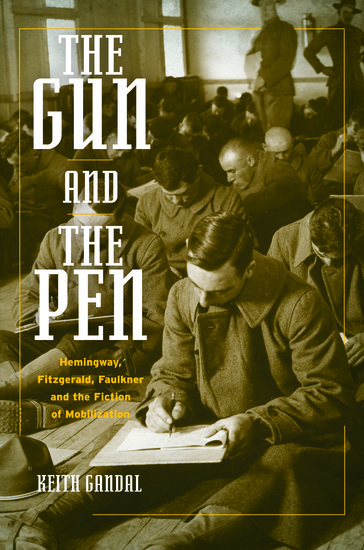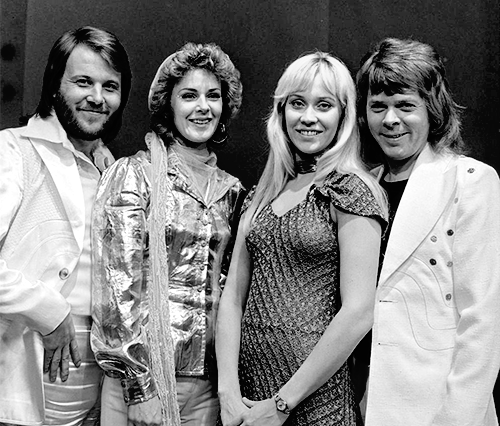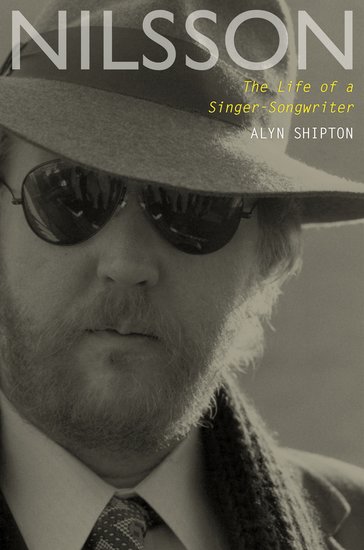Breaking Bad: masculinity as tragedy
By Scott Trudell
In the opening shots of Vince Gilligan’s Breaking Bad, a pair of khaki pants is suspended, for a tranquil moment, in the desert air. The pants are then unceremoniously run over by an RV methamphetamine lab with two murdered bodies in back. When the camper crashes into a ditch, the driver Walter White (played by Bryan Cranston) gets out.


